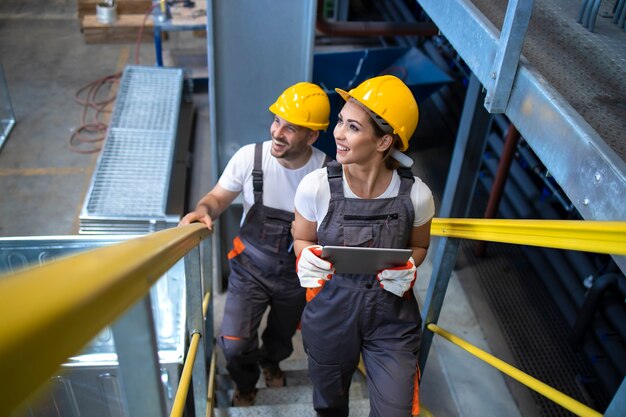Construction sites are full of potential hazards and dangers, making safety training crucial for workers in the industry. However, traditional safety training methods have been deemed outdated and ineffective, leading to an increase in accidents and injuries on construction sites. This has sparked a need for change, which has been answered by safety training companies redefining safety standards in construction.
From risk to resilience, these companies are taking a holistic approach towards ensuring the well-being of workers on construction sites. Instead of solely focusing on compliance with regulations and procedures, they are now shifting their focus towards creating a culture of safety at every level within an organization.
One way that safety training companies are redefining standards is by incorporating innovative technology into their training programs. Virtual reality simulations allow workers to experience real-life scenarios in a controlled environment, helping them develop critical thinking skills when it comes to identifying potential hazards and responding appropriately.
Additionally, many safety training companies have recognized learn the facts importance of addressing mental well-being alongside physical well-being on construction sites. The fast-paced nature of the industry can often lead to stress and burnout among workers, ultimately affecting their cognitive abilities when it comes to following proper safety protocols. By providing resources for mental health awareness and support within their programs, these companies are promoting overall worker wellness at construction sites.
Another aspect that sets these modern-day safety training companies apart is their customized approach towards each individual client. Rather than using a one-size-fits-all model for all types of construction projects, they take into account specific job roles and tasks within each organization. This allows for more targeted training that addresses specific risks that may be present in different areas or phases of a project.
Moreover, these companies understand that effective communication is key when it comes to establishing a safe work environment on construction sites. They train not only the workers but also supervisors and managers on how to effectively communicate with employees about any potential hazards or changes in procedures.
The intersection between technological advancements and consumer psychology has also played a significant role in how safety training companies are redefining safety standards in construction. By tapping into the emotional side of workers, these companies are able to drive home the importance of safety on a personal level. This creates a sense of ownership and responsibility among workers, making them more likely to adhere to safe practices.
In conclusion, safety training companies are going above and beyond the traditional approach towards ensuring safety on construction sites. By incorporating technology, promoting mental well-being, customizing programs, and utilizing effective communication strategies, they are creating a culture of resilience instead of just focusing on risk avoidance. This shift is not only beneficial for workers’ physical well-being but also for their overall job satisfaction and productivity. A safer work environment ultimately leads to better results for both individuals and organizations in the construction industry.





